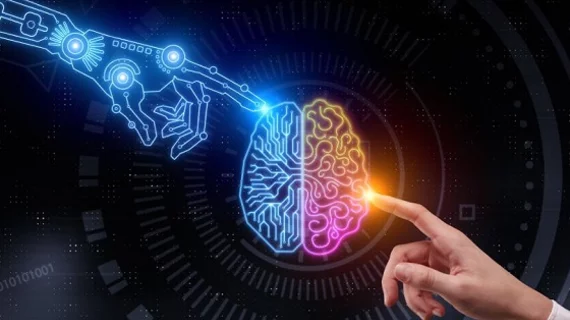Neuroimaging experts are using AI to establish imaging biomarkers for brain disorders
Neuroimaging experts at Georgia State University are using artificial intelligence to map the distinct brain patterns of various mental illnesses.
The project is being led by Vince Calhoun, PhD, director of the Center for Translational Research in Neuroimaging and Data Science, and Sergey Plis, director of machine learning at the TReNDS center. Using various datasets, they plan to develop multi-modal biomarkers to help diagnose mental health disorders such as schizophrenia and depression.
“We are working to combine different kinds of imaging data: data that tell us how brain structures look, how the brain is functioning over time or how the brain is connected or wired,” Calhoun, also a professor of psychology at the Atlanta institution, said in a statement. “The hope is that by transforming this mass of data into a framework, we’ll have a compact way to map brain disorders.”
The pair will help develop and train algorithms using thousands of data points, homing in on both mood and psychosis. Doing this, they can discern which modalities or brain regions are relevant to specific disorders.
As part of the project, Calhoun, Plis, and colleagues, are also going to examine linear and nonlinear relationships between imaging techniques.
“Correlation is focused on finding linear relationships. Even if there’s a strong nonlinear relationship, you might not immediately find the connection,” Calhoun added. “That’s where deep learning comes into play, because it’s able to detect more complex relationships, and it’s also good at compressing this massive amount of data into a smaller space.”
The work is funded by a four-year, $2.4 million grant from the National Institute of Biomedical Imaging and Bioengineering. In addition to this NIH funding, Calhoun has received a number of other awards powering his imaging-based investigations.
One such study includes a large-scale imaging project examining how the gene APOE2 alters the brain to protect it against neurodegenerative disorders such as Alzheimer’s disease. Another $150,000 NIH grant will allow Calhoun to investigate the ethical and privacy issues that come with widespread data sharing.

